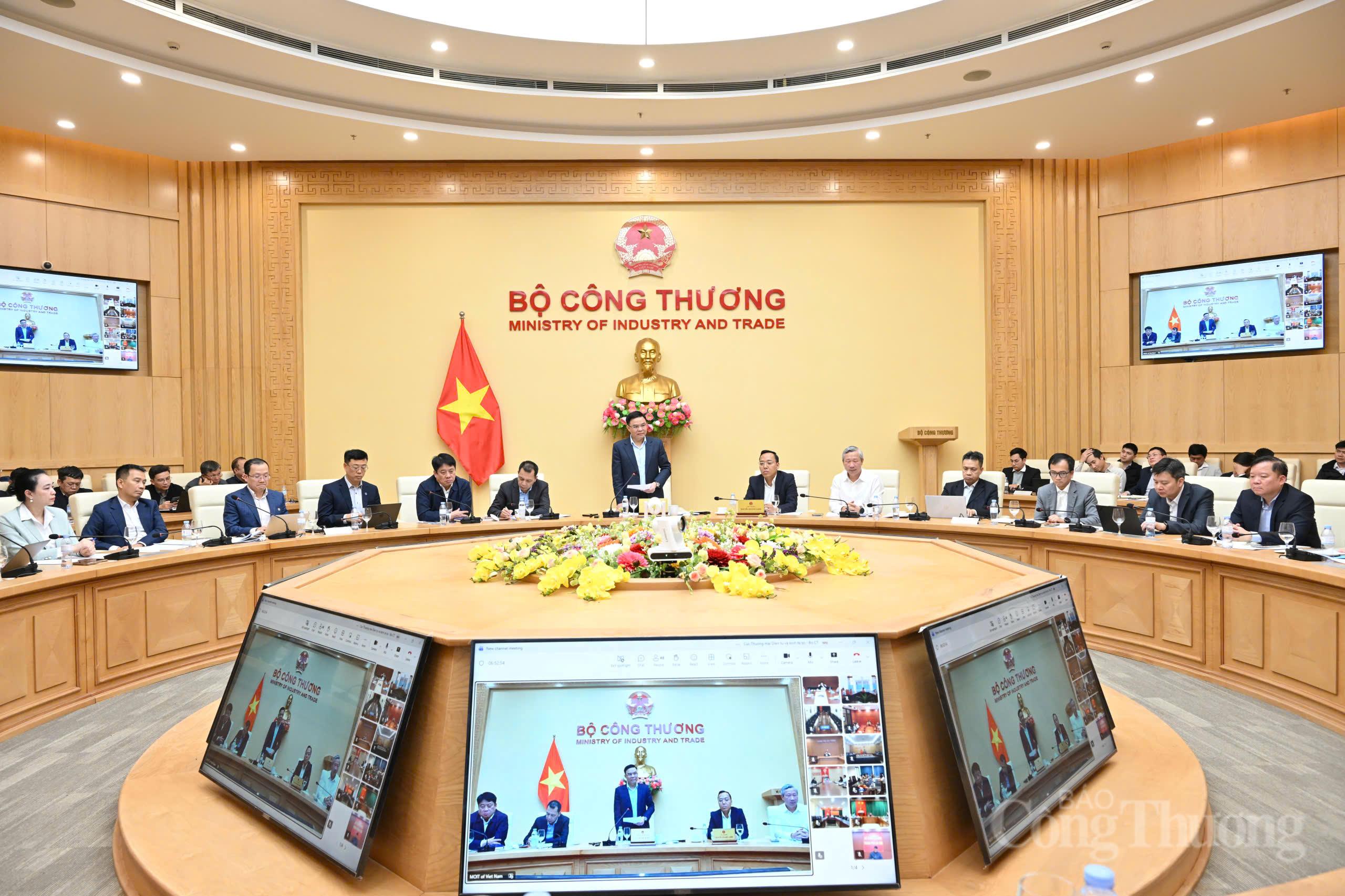
The MoIT strengthens the power supply and key energy projects
19:05 | 23/03/2025 14:42 | 31/01/2026News and Events
Supporting industry enterprises in difficulties
A report from the Ministry of Industry and Trade (MoIT) shows that Vietnamese supporting industry enterprises have improved productivity and production efficiency, and become direct suppliers of final assemblers and multinational corporations, participated in regional and global production networks and value chains.
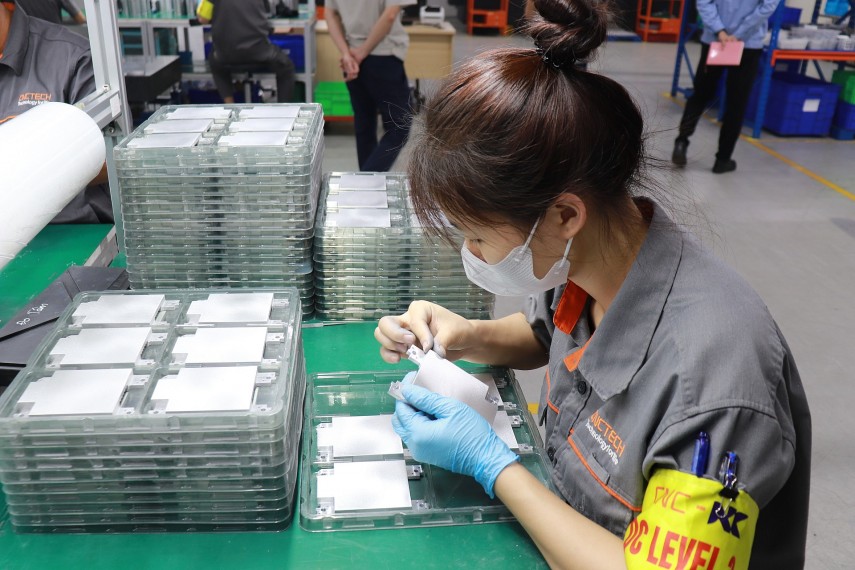 |
| FDI projects in the industrial sector that use large amount of domestically produced raw materials and components will be prioritized |
As the supporting industry has gradually developed, the localization rate has increased in many industries, such as the textile, garment and footwear industry by 45 to 50 percent, mechanical manufacturing by more than 30 percent. However, the MoIT recognized that support policies for the supporting industry, especially in processing of agricultural, forestry and fishery products, and in agricultural and rural development still show limitations.
For example, the dissemination of policies has yet to be implemented regularly and on a large scale, while the production capacity of Vietnamese enterprises has not met requirements to enjoy preferential policies. Some conditions to enjoy incentives are quite strict and not really suitable in practices.
A part of supporting industry enterprises are not interested in support policies. Many of them lack specialized departments to study preferential policies due to limited resources.
Pham Tuan Anh, Deputy Director of the Ministry of Industry and Trade’s Industry Agency, highlighted a concern – the weak connection between FDI enterprises and domestic businesses, which limits the spillover effects between the FDI and the domestic economic sectors. Furthermore, the competitiveness, organizational management capacity, and technological level of most Vietnamese enterprises remain low, failing to meet the stringent requirements and standards of multinational corporations or leading enterprises in global supply chains.
Most supporting industry enterprises in Vietnam are small and medium-sized businesses, lacking competitiveness against imported goods in terms of price, quality, and delivery schedules. “High-tech supporting industry products are mostly provided by FDI enterprises. To meet domestic production and assembly needs, Vietnam continues to make a significant trade deficit related to the import of components and spare parts,” the Industry Agency leader noted.
Removing obstacles in policies
In the context of complicated geopolitical conflicts, Vietnamese businesses must pay attention to frontier markets, such as ASEAN, China, India, etc. to reduce potential supply chain disruptions. In particular, a policy like a Law on Domestic Supporting Industries to connect domestic industry with the development of the foreign investment sector needs to come into being soon to help domestic enterprises develop more sustainably.
Nguyen Van Toan, Vice President of the Vietnam Association of Foreign Invested Enterprises (VAFIE), added that to attract FDI effectively, Vietnam must support domestic enterprises in collaborating with FDI companies and providing supporting products at lower prices. This approach will help Vietnam achieve its goals of retaining major FDI corporations while developing domestic businesses. “What can be done to support domestic companies in collaborating with FDI enterprises? I believe it’s essential to establish research and development (R&D) centers for domestic companies. This will pave the way for developing large domestic corporations capable of leading the market,” he emphasized.
For its part, the MoIT proposed that the State renew policies to attract foreign investment, focusing on attracting FDI in specific areas of the industrial sector instead of attracting spread investment.
A leader of the MoIT’s Vietnam Industry Agency said, “Regarding encouragement and selection of FDI projects in the industrial sector, priorities will be given to projects that use large amount of domestically produced raw materials and components, with a commitment to technology transfer and on-site human resource training; or to investors cooperating with domestic enterprises to form joint ventures; or multinational companies with international brands and high competitiveness, and foreign enterprises participating in the field of supporting industry.”
Additionally, it is vital to provide focused and strategic support for industrial enterprises with the potential to become regional and global-scale corporations, which can play a leadership role for domestic businesses. This can be achieved through mechanisms that encourage mergers and acquisitions among domestic companies, technology transfer, and continued tax and financial incentives.
The focus should also be on developing supporting industries in alignment with the Government's preferential policies and support mechanisms to gradually improve the competitiveness of domestic businesses. This includes developing domestic value chains, enhancing workforce quality, and prioritizing the development of high-tech, high-value-added products. Moreover, strengthening connections, capital, technology transfer, and innovation between FDI enterprises and domestic companies is critical. Support should also be extended to foster spin-off businesses in the supporting industry sector./.

19:05 | 23/03/2025 14:42 | 31/01/2026News and Events
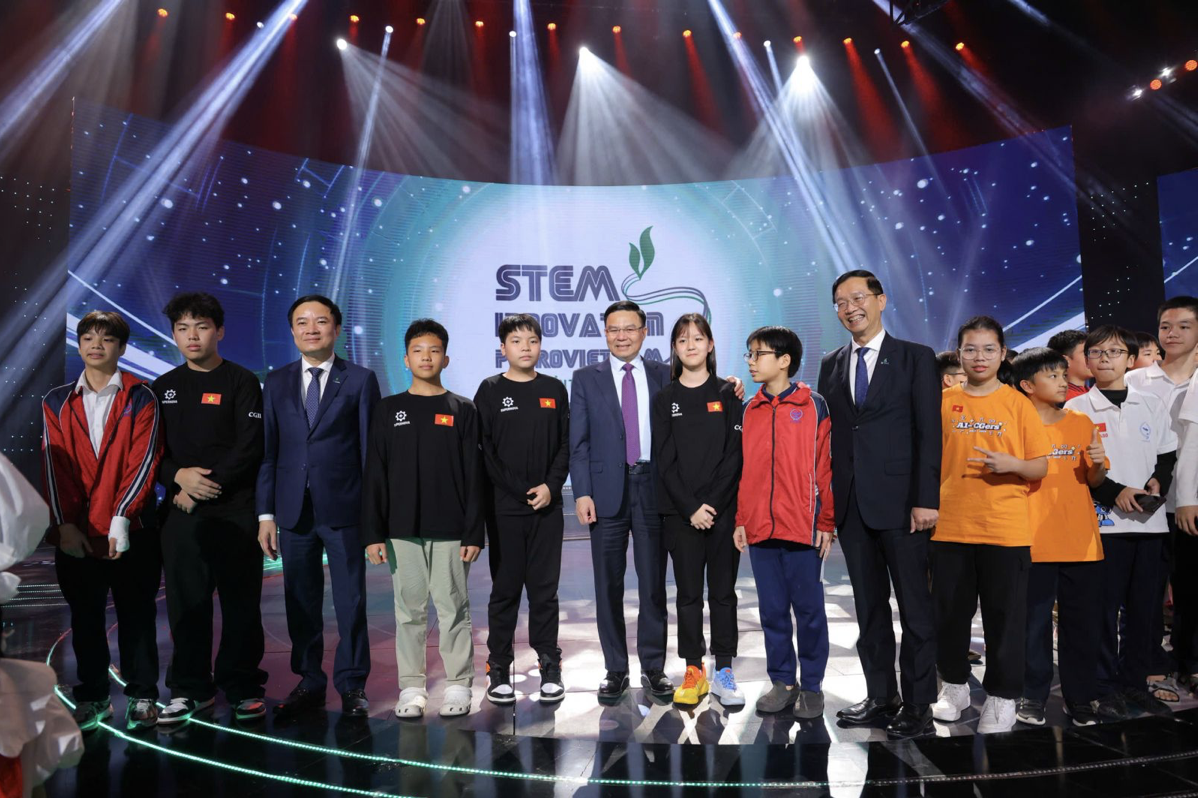
19:05 | 23/03/2025 22:14 | 30/01/2026News and Events

19:05 | 23/03/2025 16:24 | 30/01/2026Science - Technology
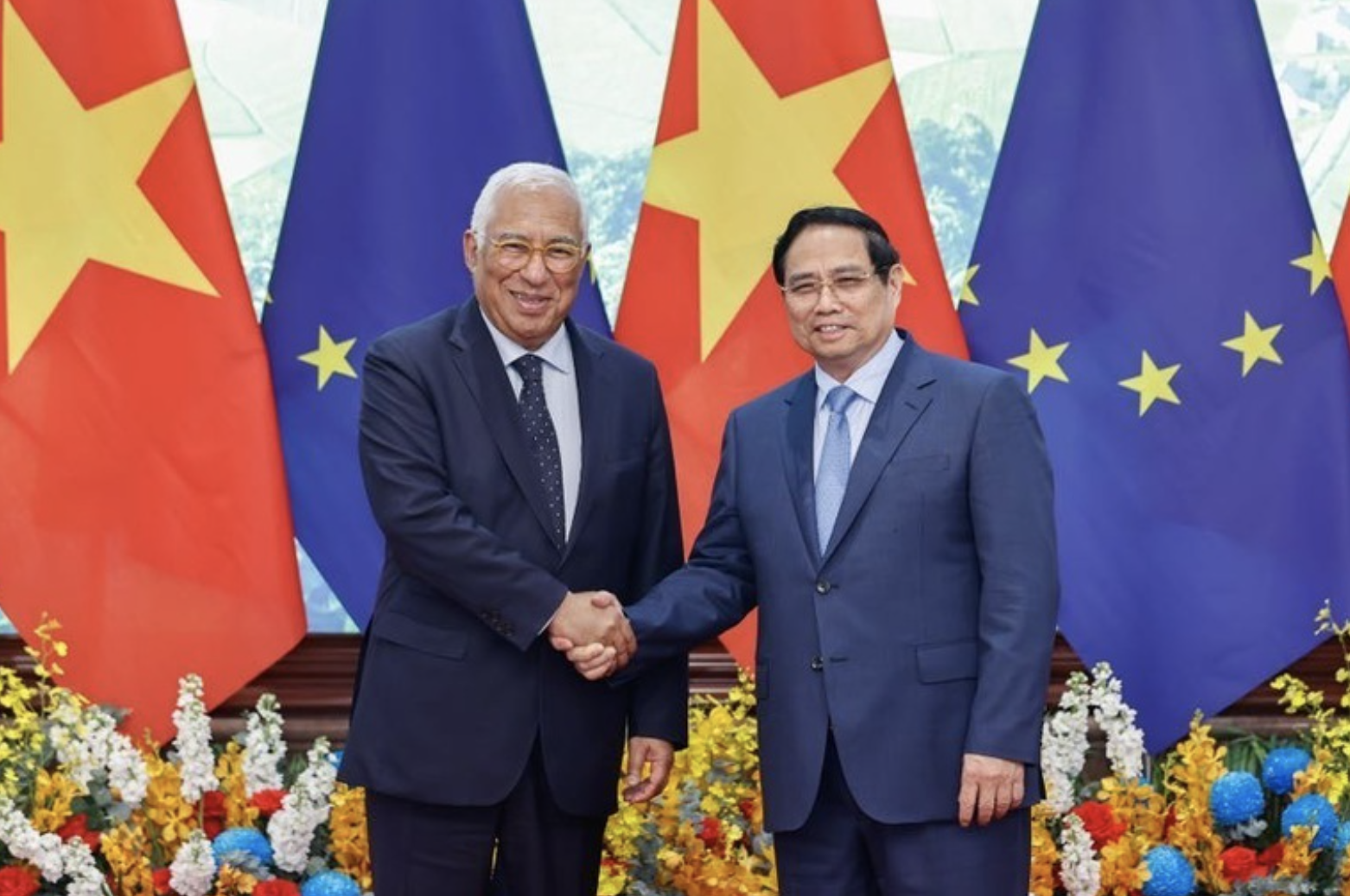
19:05 | 23/03/2025 09:54 | 30/01/2026Cooperation
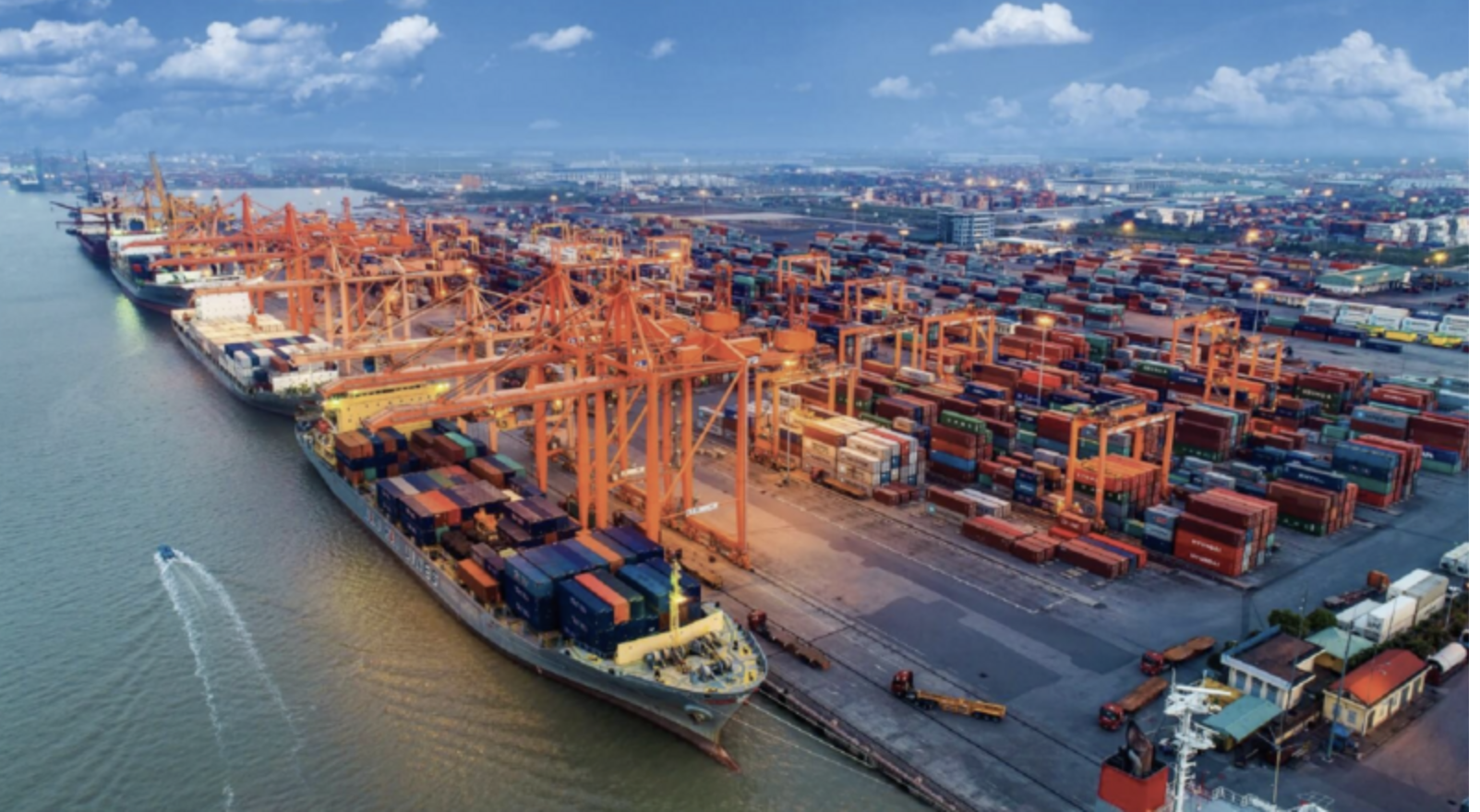
19:05 | 23/03/2025 09:40 | 30/01/2026Investment